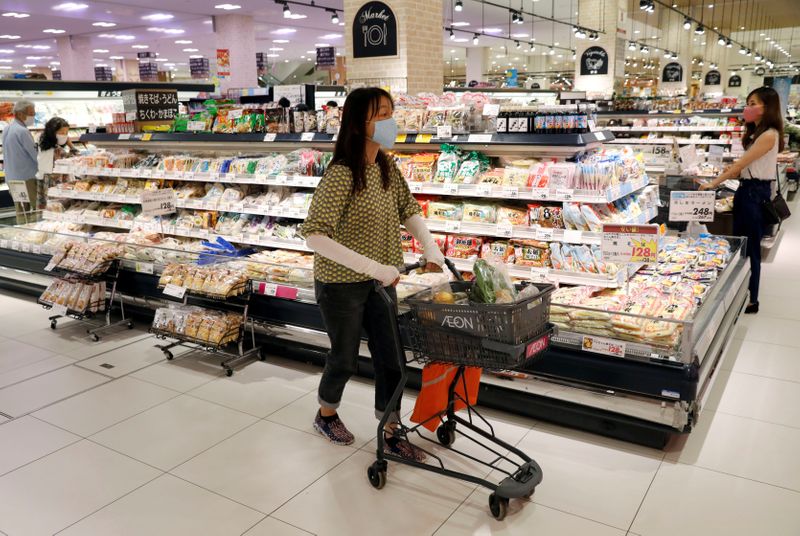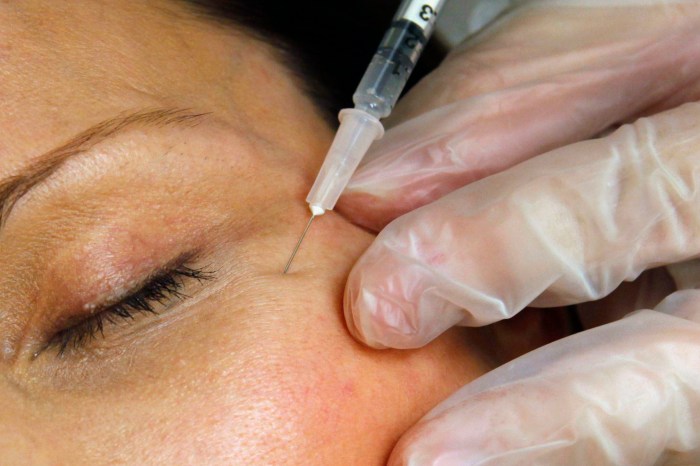TOKYO (Reuters) – Core consumer prices in Japan’s capital city Tokyo continued to fall in March but slowed their annual pace of decline for a third consecutive month, indicating that rising fuel costs and a rebound in domestic demand will help Japan avert deflation.
The data may offer relief for the Bank of Japan as it seeks to fire up inflation to its 2% target, though the rising cost of living could weigh on consumption as wage growth stays weak.
But many analysts expect any pick-up in consumer inflation to be moderate as planned cuts in cellphone charges from April will likely weigh on prices.
“In coming months, inflation will come under downward pressure from such one-off factors,” said Junichi Makino, chief economist at SMBC Nikko Securities, adding that cellphone charge cuts could push down Tokyo CPI by 0.6% point from April.
The core consumer price index for Tokyo, a leading indicator of nationwide inflation, fell 0.1% in March from the same month a year earlier, government data showed on Friday, less than a median market forecast decline of 0.2%.
That followed a 0.3% fall in February and compared with the steepest recent decline of 0.9% in December, with the data signalling a rebound in oil and commodities costs underpinning prices.
Gasoline prices, for instance, rose 2.1% on year in March after falling 5.2% in February.
Prices of household appliances rose 7.0% in March, up from a 4.0% gain in February, suggesting a pick-up in consumption. Hotel accommodation fees stopped falling in March after sliding 5.1% in February, the data showed.
Japan’s economy is widely expected to suffer a contraction in the current quarter as renewed curbs introduced in January to prevent the spread of COVID-19 weighed on consumption.
While the curbs have ended, analysts expect any rebound in the economy to be modest and heavily reliant on overseas demand.
(Reporting by Leika Kihara; Editing by Christopher Cushing and Richard Pullin)



















